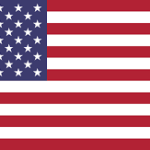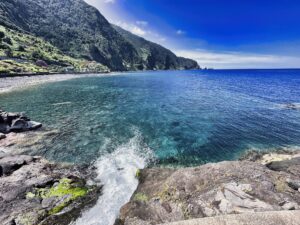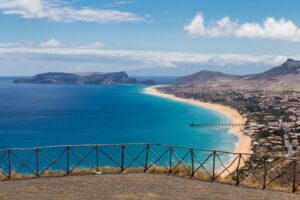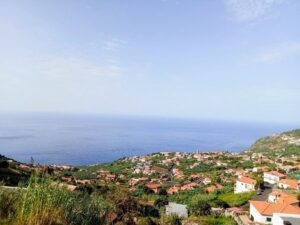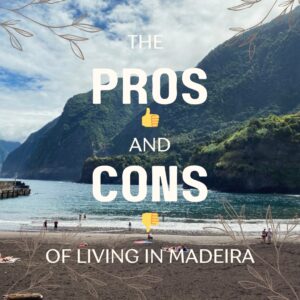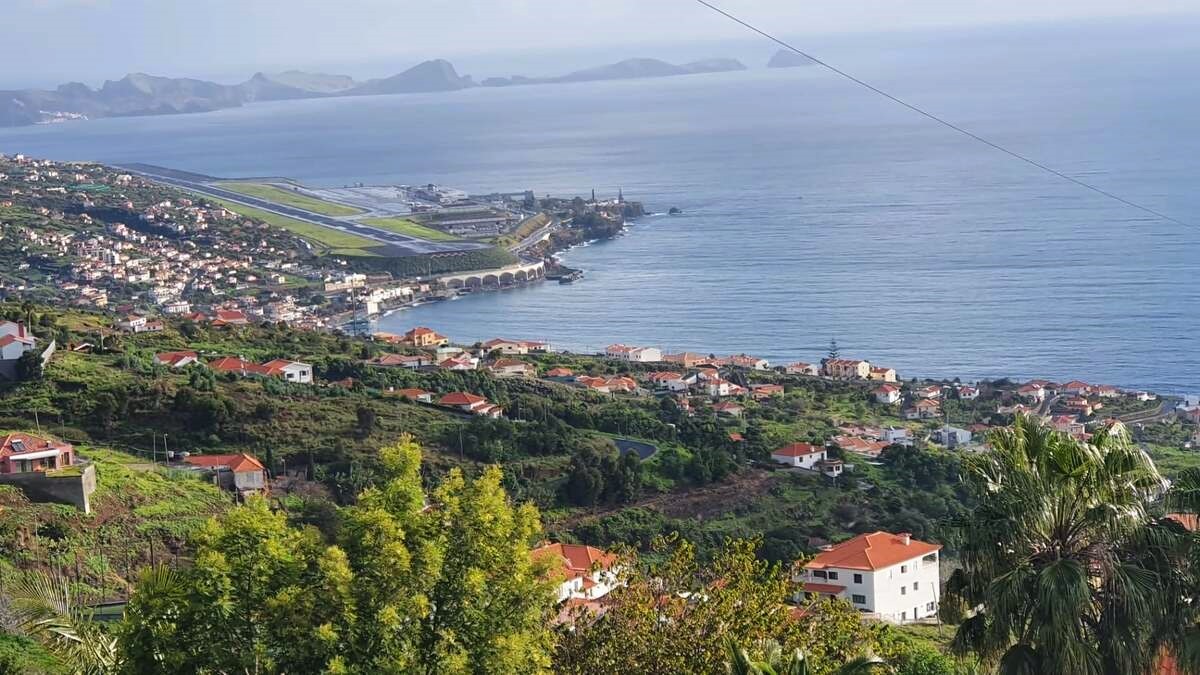
Tips from MHK Real Estate: Are you looking to implement a tourist project on a property classified as “Rustico”?
Here are some tips:
Know the Rules
The first step is to know the rules for building on rustic land in Madeira. The rules (Permitted Build Indexes etc) can vary depending on the location of the property and the type of project planned. You can obtain this information by consulting the local Plano Director Municipal, (PDM) English translation: Municipal Director Plan
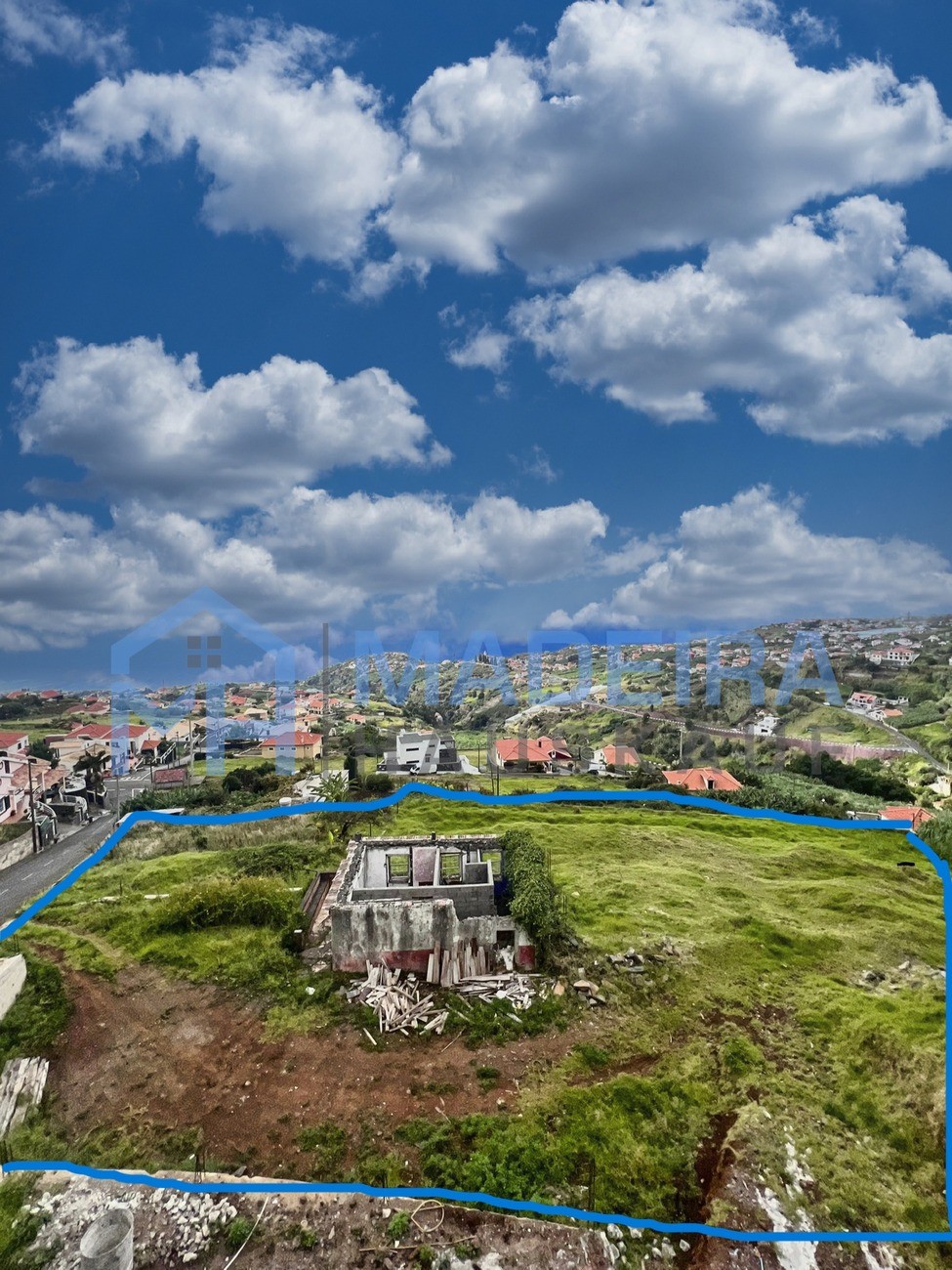
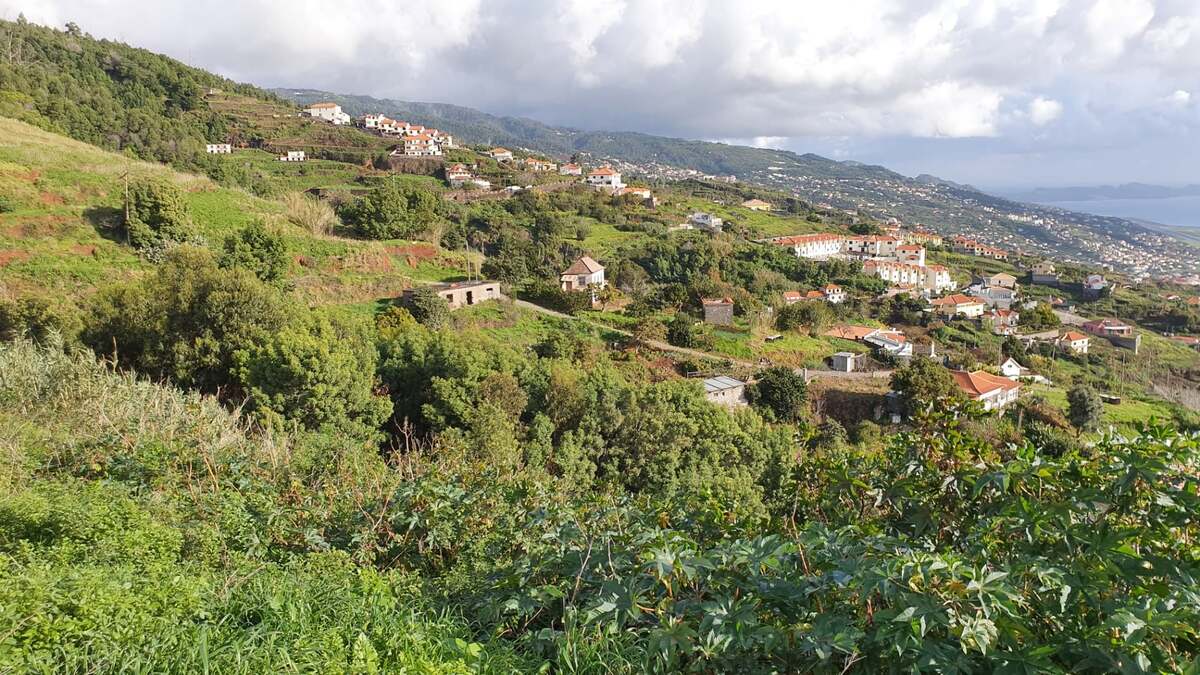
Consult an architect or a seasoned real estate professional. An architect can assist in planning a building that complies with regulations while being appealing and functional. A good architect can also help obtain the necessary building permits. A well experienced real estate professional with not only the education but the actual know how of navigating the required government departments can open all the right doors.
Choose a well-located property. The property should be in an area attractive to tourists, easily accessible, and equipped with necessary infrastructure such as water, electricity, and connection to the public sewer system. Access is crucial for residents, emergency services, and firefighters.
Strive to build as sustainably as possible. Especially here in Madeira, the use of solar energy is almost a necessity. New market studies also show a trend towards smaller, more natural units.
Here are some examples of tourist projects that can be realized on rustic land in Madeira:
- Tourist Accommodations: Hotels, guesthouses, country houses, etc.
- Restaurants: Restaurants, bars, cafes, etc.
- Tourist Activities: Hiking, cycling, fishing, surfing, etc.
- Venues: Conference centers, event halls, etc.
By building a tourist project on rustic land in Madeira, you can contribute to the development of tourism on the island and create a source of income for you and your family. In the north and southwest of the island, there is often a lack of such projects.
Before planning your project or applying for a permit, gather information from the relevant municipality on the feasibility of this initiative and the urban planning conditions.
This preliminary information request is provided within the legal framework for tourist activities under Decree-Law No. 39/2008 of March 7.
Tourism in rural areas should:
- Take place in rural areas considered areas with a traditional and significant connection to agriculture or rural landscapes and the environment.
- Be considered a variety of activities and services offered for payment in rural areas, including various forms of accommodation, complementary activities, and tourist entertainment to provide customers with a comprehensive and diverse offering.
- Be connected to the so-called traditional social structures that preserve the communal characteristics, values, lifestyles, and ways of thinking of rural communities based on family-run businesses.
- Be sustainable by contributing to the preservation of the rural characteristics of the region and not becoming an instrument of urbanization.
Groups of rural tourism enterprises:
- “Country House”: Country houses are properties in villages and rural areas that offer accommodation services to tourists, integrating into the typical local architecture in style, building materials, and other characteristics.
- “Agrotourism”: Agrotourism enterprises are properties on agricultural farms that offer accommodation services to tourists and allow guests to participate in and learn more about agricultural activities.
Applicable legislation:
The legal framework for tourist activities (RJET) in its current version (5th amendment) is published in Decree-Law No. 80/2017 of June 30 and constitutes the common basic regulation for all tourist activities.
Sources:
Original legislation: Decree-Law No. 39/2008 of March 7, corrected by Correction Declaration No. 25/2008 of May 6;
- 1st Amendment: Decree-Law No. 228/2009 of September 14;
- 2nd Amendment: Decree-Law No. 15/2014 of January 23;
- 3rd Amendment: Decree-Law No. 128/2014 of August 29;
- 4th Amendment: Decree-Law No. 186/2015 of September 3.
Decree-Law No. 136/2014 of September 9:
This Decree-Law makes the thirteenth amendment to Decree-Law No. 555/99 of December 16, which establishes the legal framework for urbanization and construction (RJUE), and reissues it.
Decree-Law No. 128/2014 of August 29:
Establishes the legal framework for the operation of accommodation establishments.
Decree-Law No. 15/2014 of January 23:
Makes the second amendment to Decree-Law No. 39/2008 of March 7, which approves the legal framework for the installation, operation, and functioning of tourist enterprises.
Correction Declaration No. 45/2008 of August 22:
Correction to Regulation No. 517/2008.
Regulation No. 937/2008 of August 20:
Establishes the minimum requirements that must be met by tourist facilities and rural accommodations.
Regulation No. 518/2008 of June 25:
Defines the elements of the application for prior information and the elements of the application for approval or prior notification of land divisions or construction work.
Regulation No. 517/2008 of June 25 (revoked by Decree-Law No. 128/2014):
Establishes the minimum requirements to be met by local accommodation facilities.
Correction Declaration No. 26/2008 of May 9:
Correction to Regulation No. 232/2008.
Regulation No. 465/2008 of April 23:
Approves the classification system for the following types of tourist enterprises: a) Hotel establishments; b) Tourist settlements; c) Tourist apartments.
Regulation No. 232/2008 of March 11:
Defines the elements that must be included in applications for urban planning measures.
Law No. 60/2007 of September 4.

